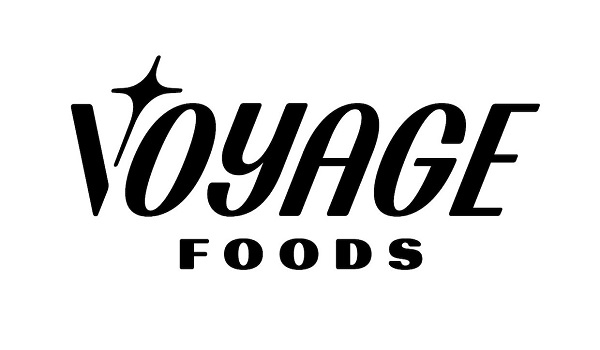Voyage Foods, a dynamic American-based startup in the Bay Area, has launched its innovative “bean-free coffee,” crafted from chickpeas and rice hulls, targeting wholesale customers within the foodservice and food manufacturing sectors. Backed by substantial venture capital and headquartered in Oakland, the company’s strategic focus on “price stability” is particularly timely, given the current volatility in traditional coffee markets, where commodity prices are notably high.
In a bold move, Voyage Foods positions its bean-free coffee as more than 40% cheaper than conventional coffee, promising enhanced profitability for coffee manufacturers. This initiative comes against the backdrop of recent challenges in the coffee industry, marked by significant price fluctuations following historic lows less than a decade ago.
The market introduction of “bean-free coffee” underscores Voyage Foods’ commitment to providing a sustainable, economically viable alternative to traditional coffee. The product joins a select group of well-funded brands innovating in the coffee-free space, aiming to replicate the caffeine content, flavors, and sensory experiences of coffee using natural ingredients. Notably, Seattle-based Atomo stands as a key competitor, having recently secured a partnership with New York’s esteemed coffee chain, Bluestone Lane.
Alongside its novel coffee offering, Voyage Foods complements its lineup with two nut-free spreads designed to mimic peanut and hazelnut spreads, along with a cocoa-free “chocolate” product. In clarifying its market strategy, Voyage Foods emphasized that it is not targeting the specialty coffee segment. Instead, the company aims to meet broader industry needs by providing an environmentally friendly and ethically sourced alternative to commodity coffee, aligning with evolving consumer preferences and sustainability goals.
Adam Maxwell, CEO and founder of Voyage Foods, affirmed, “In today’s complex coffee market dynamics, food and beverage suppliers seek stability in supply chains and are committed to achieving their triple bottom line of people, planet, and profit. While premium, fair-trade, single-origin coffee remains valued, our focus is on making a substantial impact with our eco-friendlier coffee alternative.”


